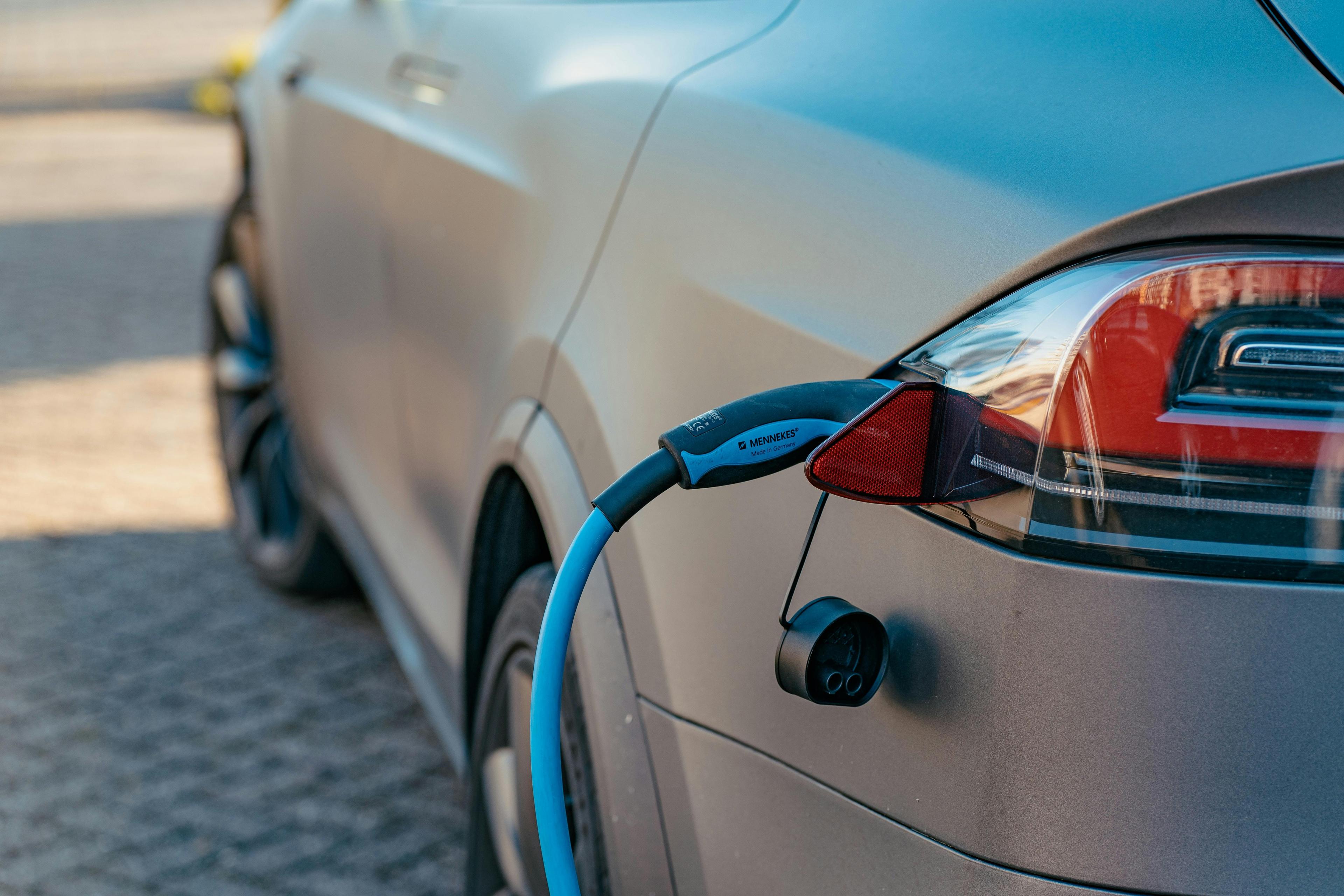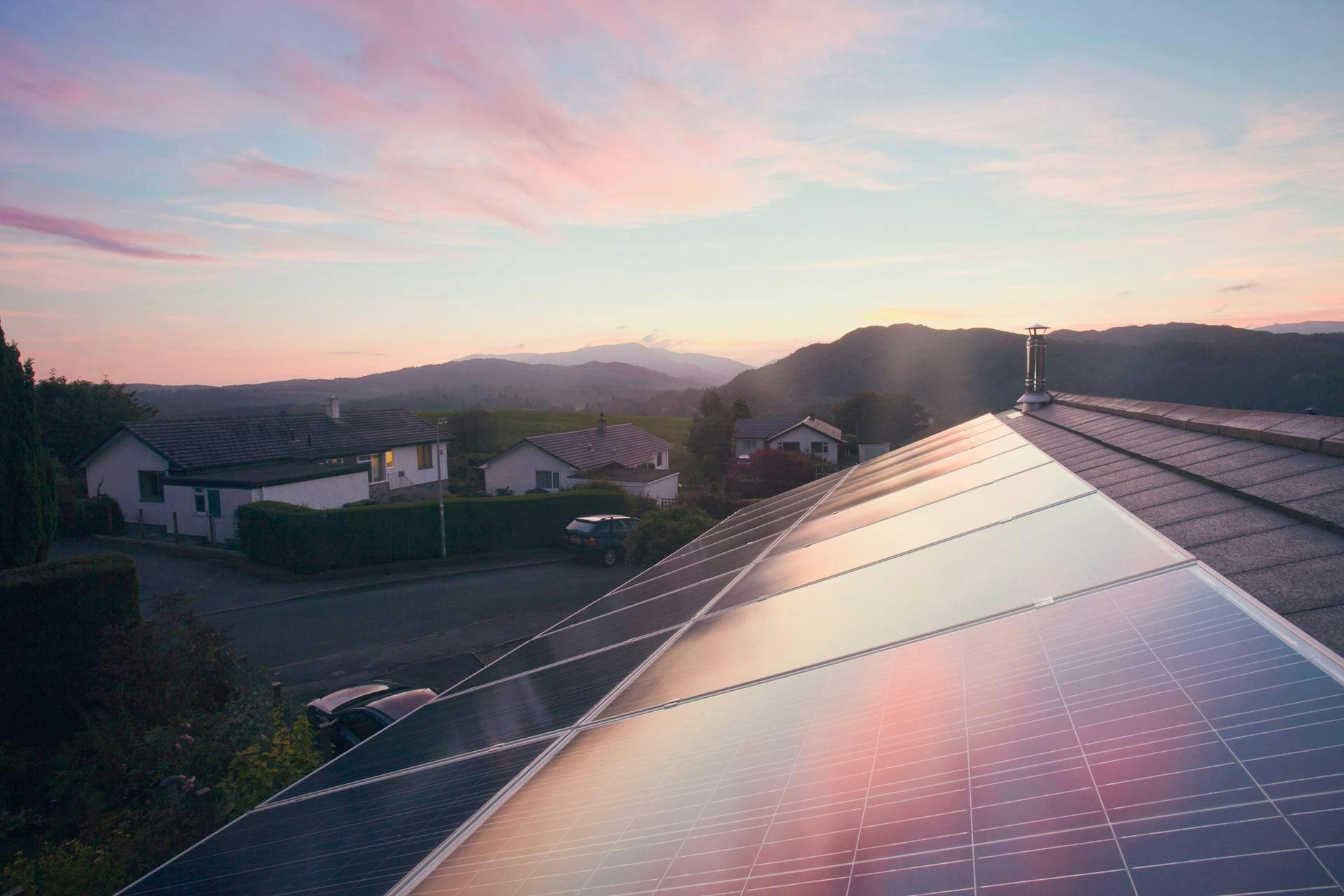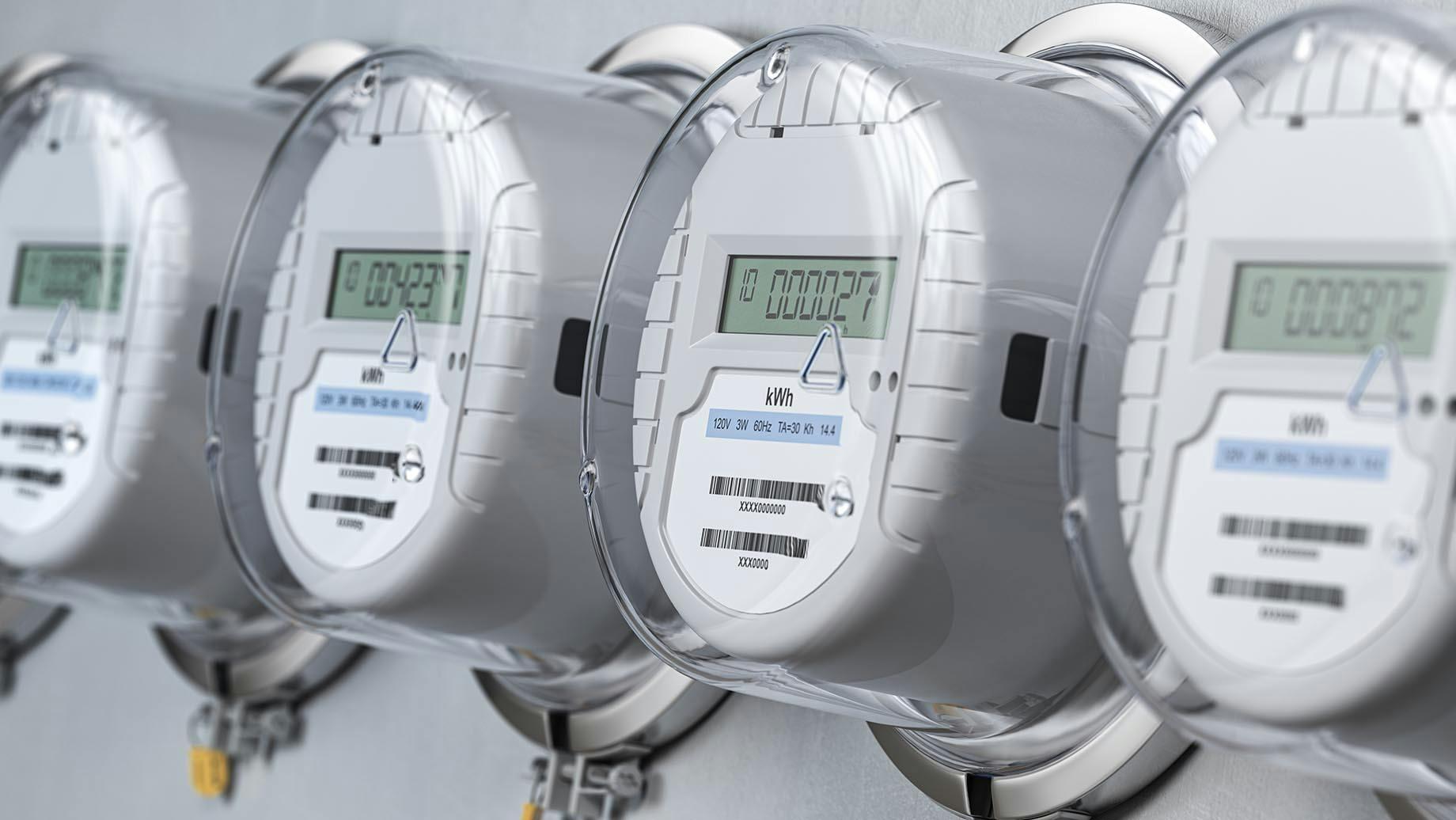
How Much Does it Cost to Charge an Electric Car?
Inspire Clean Energy
Nov 17, 2023
11 min read
category: Sustainable Living
Don't worry about climate change— do something about it.
Our clean energy plans are the easiest way to reduce your home's carbon footprint.
Switch to clean energyGreenhouse gasses are the main culprits behind climate change. Simply put, these emissions blanket the planet, trap the sun’s heat, and make the earth warmer. In 2021, the transportation sector accounted for 28% of all greenhouse gasses in the US. That means vehicles—cars, trucks, ships, trains, and planes—are among the largest contributors to global warming.
As a result, more and more people are turning to electric vehicles, which emit few or no tailpipe pollutants. Their numbers are increasing, and they’re better for the planet than their gas-powered counterparts, but how do electric cars compare when it comes to daily use—and its impact on your wallet? Specifically, how much does it cost to charge an electric vehicle? Is the cost to charge an electric car more expensive than gassing up?
If you’re in the market for an EV, or a new owner of an electric truck, how much does it cost to charge an EV is probably your number 1 question. How much it costs to charge an electric car versus how much it is to charge an electric truck can vary. Read on for the answer—along with answers to all of your questions about the cost of charging an electric car.
We’ll tackle the cost to charge an EV on the road versus the cost of charging an electric car at home; we’ll cover EV charger types, electric vehicle cost-per-mile versus gas, and other FAQs about the cost of charging electric vehicles. We’ll also dig a little deeper into how electric vehicles and clean-energy plans help combat climate change.
We’ve got a full charge—let’s unplug and get rolling.
How Much Does it Cost to Charge an Electric Vehicle at Home?
To calculate the cost to charge an electric car at home, start with your monthly electricity bill. Divide your total bill (before taxes) by the amount of power, or kilowatt-hours (kWh), you used that month. This will give you your rate per kWh.
Suppose you paid $250 for electricity last month, and used 2,100 kWh of power. Divide the bill by the power used:
250 ÷ 2,100 = $0.12.
Your energy cost per kWh is $0.12.
Electric vehicles average between 3 and 4 miles per kWh. If you drive 1,200 miles per month (slightly more than the US average), you can divide that figure by 3 (the low end of avg miles-per-kWh for EVs) to get your monthly kWh usage:
1,200 ÷ 3 = 400 kWh.
Multiply your monthly kWh usage (400) by your price per kWh (.12) to find your monthly cost for recharging: $48.
If you use the US national averages of 1,124 miles driven per month and $0.16 paid per kWh of electricity, you get a monthly rate of $60 for charging your EV at home.
EV Charger Types
There are three different kinds of electric vehicle chargers, each with their own location, power output, charge times, and costs to charge an EV. Here are the specs, courtesy of the US Department of Transportation:
Level 1
- Current: Alternating (AC)
- Voltage: 120
- Power output: 1 kilowatt (kW)
- Estimated charge time from empty for a plug-in hybrid electric vehicle (PHEV): 5 - 6 hours
- Estimated charge time from empty for battery electric vehicle (BEV): 40 - 50 hrs
- Estimated electric range, per hour of charging: 2 - 5 miles
- Location: Home
Level 2
- Current: AC
- Voltage: 208 - 240
- Power output: 7 - 19 kW
- Estimated charge time from empty for a PHEV: 1 - 2 hours
- Estimated charge time from empty for a BEV: 4 - 10 hrs
- Estimated electric range, per hour of charging: 10 - 20 miles
- Location: Home, workplace, public
Level 3
- Current: DC Fast Charging
- Voltage: 400 - 1000
- Power output: 50 - 350 kW
- Estimated charge time from empty for a PHEV: N/A*
- Estimated charge time from empty for a BEV: 20 min - 1 hr
- Estimated electric range, per hour of charging: 180 - 240 miles
- Location: Public
*Plug-in hybrid electric vehicles do not typically work with fast-charging stations
How Much Does it Cost to Charge an Electric Vehicle on the Road?
With gas prices much in the news these days, anyone planning a road trip in a conventional vehicle has a good idea of how much it will cost them to fuel their journey. But what about people looking to reduce their carbon footprints by driving electric vehicles? How much does it cost to charge an EV if you’re planning to hit the pavement for a good old-fashioned road trip?
Dust off the mortarboard, because the math is a bit more complicated for this one. Commercial chargers use a variety of pricing systems, there are several kinds of them, and electricity rates vary from state to state. There’s also your vehicle’s range to consider, along with the working status of the charger and the level of charge in your battery. But the good news is that, generally speaking, your cost to charge an electric car will be cheaper than what you paid to gas up your old car.
Here’s how to do it: First, determine your EV’s range. This will help you plot your route and figure out how many charging stations you’ll need to visit along the way. The second step is to pinpoint those charging stations. You don’t want to waste time (and money and battery charge) searching for a place to refuel. There are a number of apps that can help here, providing not only locations but also the type of charger at the station and the rate.
Once you’ve got your route and your recharging spots locked in, you can calculate your charging costs. Take the cost per kWh at your stations, and calculate how many kWh your vehicle will need at each stop. You can arrive at this figure by multiplying your EV’s battery capacity by the percentage of power you need to add.
For example, if your battery capacity is 40 kWh (the national average) and you need to add 75% power for a full charge, you’ll want to purchase 30kWh of electricity [40 x .75 = 30]. Say your first station’s cost per kWh is $0.16 (the US average). That's 30 x .16 = 4.80. Your cost to charge at that stop will be $4.80.
That seems a lot cheaper than gas, and it is, but be forewarned that there are other factors that could increase the cost of charging an electric car. These can include membership fees for certain charging networks, parking fees, and session fees.
Finally, direct current fast chargers (the fastest, Level 3 chargers) are the most expensive, with a national average cost between $0.20 and $0.25 per kWh. That’s just the average; some can range considerably higher. You could land at a station that charges a $1 session fee and $0.42 per kWh. In that scenario, adding 30kWh of power would cost $13.60, a rate more in line with, if not slightly more than, gasoline prices.
Some road-trip tips to reduce the cost of charging an electric car:
- Choose charging stations at restaurants or grocery stores for a one-stop-shop effect that maximizes your time.
- Find hotels with charging stations. These often come at no extra cost and save you the hassle and time involved in hunting down a station in an unfamiliar region.
- Pack all of your charging gear for the trip: cord, extension cord, and adaptors. This will increase the number of charging stations you can access.
Electric Vehicle Cost Per Mile vs Gas
The single biggest factor for reducing the cost to charge an electric car is the ability to power up at home, where electricity rates are cheaper, extra costs don’t apply, and reduced rates for charging during times of low demand (such as overnight) are available. And the good news is that four out of five new electric vehicle buyers have the option of charging at home.
To calculate the cost per mile of charging an electric car at home, we’ll use the same formula as in the previous section about road-tripping. Say you have an EV with a range of 300 miles, and it’s down to a third of capacity. You want to add 200 miles, or a 66.7% charge, to get to full. For a battery pack with a 75kWh capacity, you’ll need to inject 50 kWh of electricity into your battery to fill it and make the journey comfortably. Using the national average of $0.16 per kWh, that is:
50 x .16 = 8.00
So it will cost you $8.00 to travel 200 miles in your EV, or $0.04 per mile.
With a gasoline powered car that gets 30 miles to the gallon (above the national average of 25.4), you would need 6.7 gallons to complete a 200-mile trip. Gas prices fluctuate frequently, but the US average as of this writing is $3.66, which means you would have to spend $24.52 for your 200-mile road trip, or $0.12 per mile. Prices for all utilities will vary, but in this scenario, gasoline is three times more expensive per mile than electric power.
Charging your electric car or electric truck on the road is a different story. Your cost to charge an electric vehicle will be higher. How much higher depends on the type of EV you own and other variables such as what kind of charging station you use, and any fees it charges.
Generally speaking, EV costs per mile will be cheaper than gasoline-powered costs per mile, but, depending on where they are, and what their EV’s specs are, drivers could find public charging stations with total costs equal to or greater than gasoline stations.
Cost of Charging Electric Vehicle FAQs
The current patchwork nature of the electric vehicle landscape presents challenges for EV owners. Taken together, variables such as battery, plug, and outlet types, differing price points throughout the country, and the relatively small (but growing) numbers of public charging stations reflect an emerging industry and can make it difficult for consumers to find their way—literally and figuratively.
Here are answers to some additional frequently asked questions about this still-evolving topic:
How many charging stations are there in the US?
As of May 2023, there were more than 53,000 charging stations and 138,000 charging outlets in the US. The current administration aims to build a national, compatible network of 500,000 electric vehicle chargers throughout the country by 2030. This network would be constructed domestically, and would aid the stated goal of making EV’s constitute 50% of new car sales by 2030.
What’s the average range for an EV?
In 2022, electric cars sold in the US clocked an average range of 291 miles, the highest average range among all major markets and 33% higher than the global average. In 2023, there were at least four models boasting ranges greater than 350 miles and one with a 516-mile range.
How long does the average electric car battery last?
The general consensus suggests the answer to this question is 10 years or 100,000 miles, but estimates vary, and some manufacturers expect their batteries to last up to 15 years and 200,000 miles. The federal government mandates that manufacturers issue eight year/100,000-mile warranties for their batteries. Most batteries will exceed these benchmarks, while losing about 2.3% of their capacity per year.
What models and types of EV are on the market and how much do they cost?
By the end of 2024, according to Consumer Reports, there will be more than 70 models available, a marked increase from four years earlier, when there were only six kinds of electric vehicles. The average price for an EV ($60,000) is typically higher than for a hybrid or gas-fueled car, but if you choose to lease your electric vehicle, you could be eligible for a $7,500 federal tax credit. You’ll also be able to keep up with the evolving technology by upgrading to a more current electric vehicle at the end of your lease.
How Electric Vehicles and Clean Energy Plans Help Combat Climate Change
As mentioned, greenhouse gasses are the drivers of climate change. A massive societal shift to electric vehicles would definitely slow, and potentially reverse, global warming.
Governments around the world have incentivized the production of EVs, and the electric grids these vehicles depend on will only get cleaner as time goes on and those grids rely less and less on fossil fuels. According to a 2021 study by the International Council on Clean Transportation, US electric vehicles already produce 60% to 68% fewer greenhouse gasses than comparable gas-powered cars (most of them during their construction, or from hybrid EVs). Those numbers will improve as clean energy sources become the norm and EV technology gets more streamlined and efficient.
Using clean energy to power automobiles helps fight climate change, and enrolling in a clean energy plan for your home can do the same. Switching your home to a clean energy plan also reduces pollution and boosts the collective health in your community.
Don't worry about climate change— do something about it.
Our clean energy plans are the easiest way to reduce your home's carbon footprint.
Switch to clean energy
Inspire Clean Energy
We're on a mission to transform the way people access clean energy and accelerate a net-zero carbon future.
Learn more about Inspire →Explore more
Recent Posts
Top Articles





















